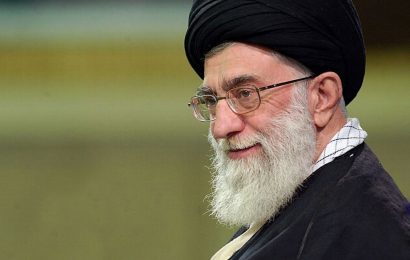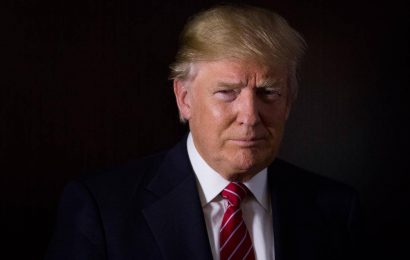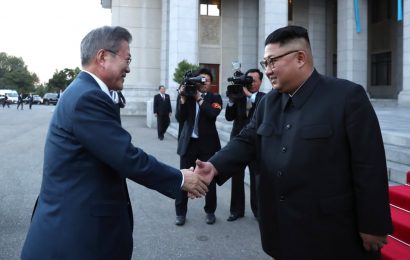Back in 2013 and 2014, Qatar signed secret agreements with its Gulf neighbors, barring support for opposition and hostile groups
Even though the existence of the agreements has been known, the content and the actual documents remained secret, as the sensitivity of the issues were agreed in private by heads of state.
Qatar was accused by the Gulf countries because it did not comply with two of the agreements. This further explains what led to the worst diplomatic crisis in the Middle East.
Six principles were agreed upon in the agreements, set as requirements to repair the relations with Qatar.
Saudi Arabia and UAE were accused by Qatar of breaking the spirit of the signed agreement, as well as yielding to an “unprovoked attack on Qatar’s sovereignty.”
The first agreement is dated November 23, 2013 and it is signed by the King of Saudi Arabia, the Emir of Qatar and the Emir of Kuwait. It contains commitments to avoid any type of interference in the internal affairs of other Gulf nations, while also barring both financial and political support to “deviant” groups.
Referred to as the Riyadh agreement, it mentions not to support the Muslim Brotherhood, while also not backing opposition groups in Yemen that could represent a threat to the neighboring nations.
Secret Agreements’ Content
The first agreement contains vows not to support “antagonistic media”, which seems to be a reference to Al Jazeera (satellite news station in Qatar, funded by the governement).
The second agreement is headlined “top secret” and it is dated November 16, 2014. It adds the King of Bahrain, the Crown Prince of Abu Dhabi and the Prime Minister of the UAE. It mentions the signatories’ commitment to assist Egypt’s stability. Moreover, it mentions Al Jazeera, and soon after it got signed, the news station shut down a channel specifically dedicated to coverage: Al-Jazeera Mubashir Misr.
In 2013, a supplementary agreement was added and signed by the countries, discussing the implementetion.
It adds provisions barring support of the Muslim Brotherhood, as well as Yemen and Saudi Arabia groups that represent a threat to the security and stability of Gulf Cooperation Council countries.
The agreements apply to all countries that signed them.
When asked by CNN, a spokesman mentioned in a statement that the countries “have broken the spirit of the agreement.” were Saudi Arabia and UAE.
“A full reading of that text will show that the intent of the 2013/14 agreements was to ensure that sovereign GCC nations be able cooperate within a clear framework,” said Sheikh Saif Bin Ahmed Al-Thani, director of Qatar’s government communication office
“Their demands — that Qatar close down Al Jazeera, force the breakup of families, and pay ‘compensation’ — are demands that bear no relation to the Riyadh agreements,” he added. “Further, at no point did Saudi Arabia or the UAE use the mechanisms in the Riyadh agreement to communicate their concerns to Qatar.”
Furthermore, Al-Thani added that the current list of demands addressed to Qatar “represent an unwarranted and unprecedented attack on Qatar’s sovereignty, and it is for that reason that they have been rejected by Qatar and condemned by the international community.”
“This crisis was triggered by a hacking, fabricated statements, and a coordinated media campaign against Qatar,” he said. “From the beginning, Saudi Arabia and the UAE have attempted to conceal facts from the general public, including their own citizens, going so far as to block Al Jazeera and other media outlets within their borders.”



